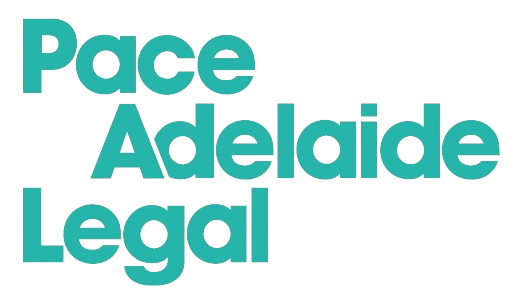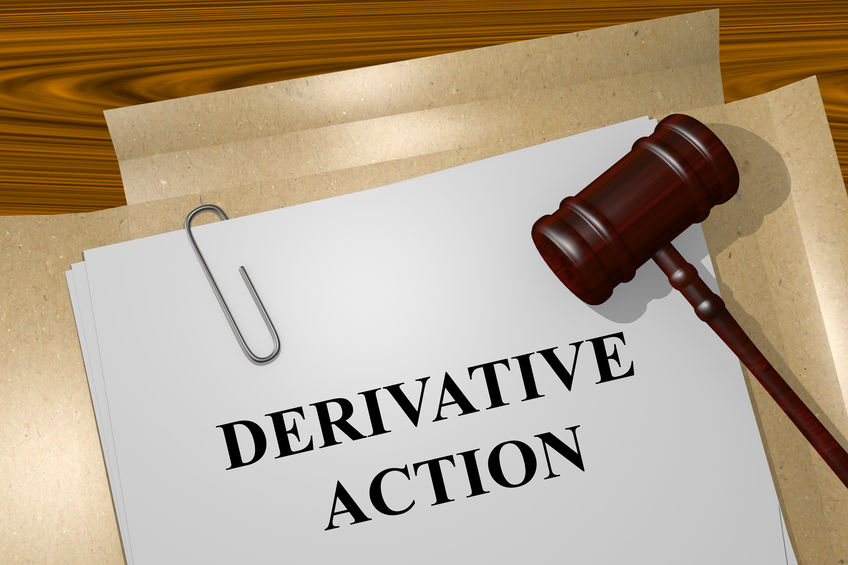What is derivative action?
Derivative action is generally an action brought by the company against a director for a breach of duty, but where a company cannot or does not bring that action, the court allows the members to bring the action on behalf of the company.
What is needed for a member-brought derivative action?
Section 237(2) of the Corporations Act 2001 (Cth) outlines the requirements for a member being granted an application for a derivative action. The Court must be satisfied that it is probable that the company will not bring the action, the applicant is acting in good faith, it is in the best interests of the company that the applicant be granted leave, there is a serious issue to be determined, and appropriate notice must be given to the company.
Will the company bring the proceedings?
A number of things have been shown to satisfy the Court that the company will not bring the action.
- A denial of the allegations by the director. For example, correspondence from a solicitor showing that the defendant denies the allegations and holds half of the company, making it unlikely that they will facilitate the company taking action against them, see Braga v Braga Consolidated Pty Ltd [2002] NSWSC 606.
- The majority shareholders do not want to bring an action. This occurs mostly in family companies, where for example, the plaintiff may hold 25% of the shares but the other 75% is held by other family members who do not wish the proceedings to occur. It therefore becomes clear to the Court that the company will not bring the action, see Swansson v RA PRATT Properties Pty Ltd [2002] NSWSC 583.
- A company may be in liquidation and have proceedings brought against it by a member. This tends to happen if the liquidator is without financial resources to obtain legal advice on the matter, or cause the Company to commence proceedings, see Carpenter v Pioneer Park Pty Ltd [2004] NSWSC 1007.
- There may be an internal division within the Board which prevents proceedings being commenced. In one example, the board were split 50/50 and entrenched in their positions, creating a deadlock. The deadlock led to the application for derivative action, as the Company was unable to bring it due to the deadlock, see Foyster v Foyster Holdings Pty Ltd [2003] NSWSC 135.
What is good faith?
An application must be brought in good faith, but what is and what isn’t good faith? The principal of good faith looks at the motives behind a member bringing an action. It can appear on face value that an application is in good faith, but the repercussions of the action could have a beneficial outcome for the member at an individual level. The Court in Swansson v RA Pratt Properties Pty Ltd [2002] NSWSC 583 set out the two important factors for identifying good faith:
- Honest belief – the applicant honestly believes that a good cause of action exists and has a reasonable prospect of success; and
- Collateral purpose – whether the applicant is seeking to bring the derivative suit for such a collateral purpose as would amount to an abuse of process.
Good faith does not mean that an individual cannot benefit from an action, but this cannot be the driving factor behind the action.
What is the best interests of the company?
The best interests of the company must be simply that. It is a high threshold to meet. It considers the relationship between the applicant and the other members of the company, the effect an action would have on the company’s business, and if there would be any practical benefit to the company.
Is there a serious question to be tried?
There needs to be a real question to be tried. Namely, there must be a solid foundation for the action, meaning the member must have an arguable case.
What is appropriate notice?
The applicant must give the company 14 days’ notice of their intention to lodge the application, and detailing the reasons for the application.
Conclusion
If the member can satisfy all of the requirements, then the application can be granted for the derivative action.
For further information or assistance on derivative action, or any other corporate or commercial issue, please do not hesitate to contact Shavin Silva or one of our other experienced commercial lawyers on (08) 8410 9294 or get in contact via email here.

